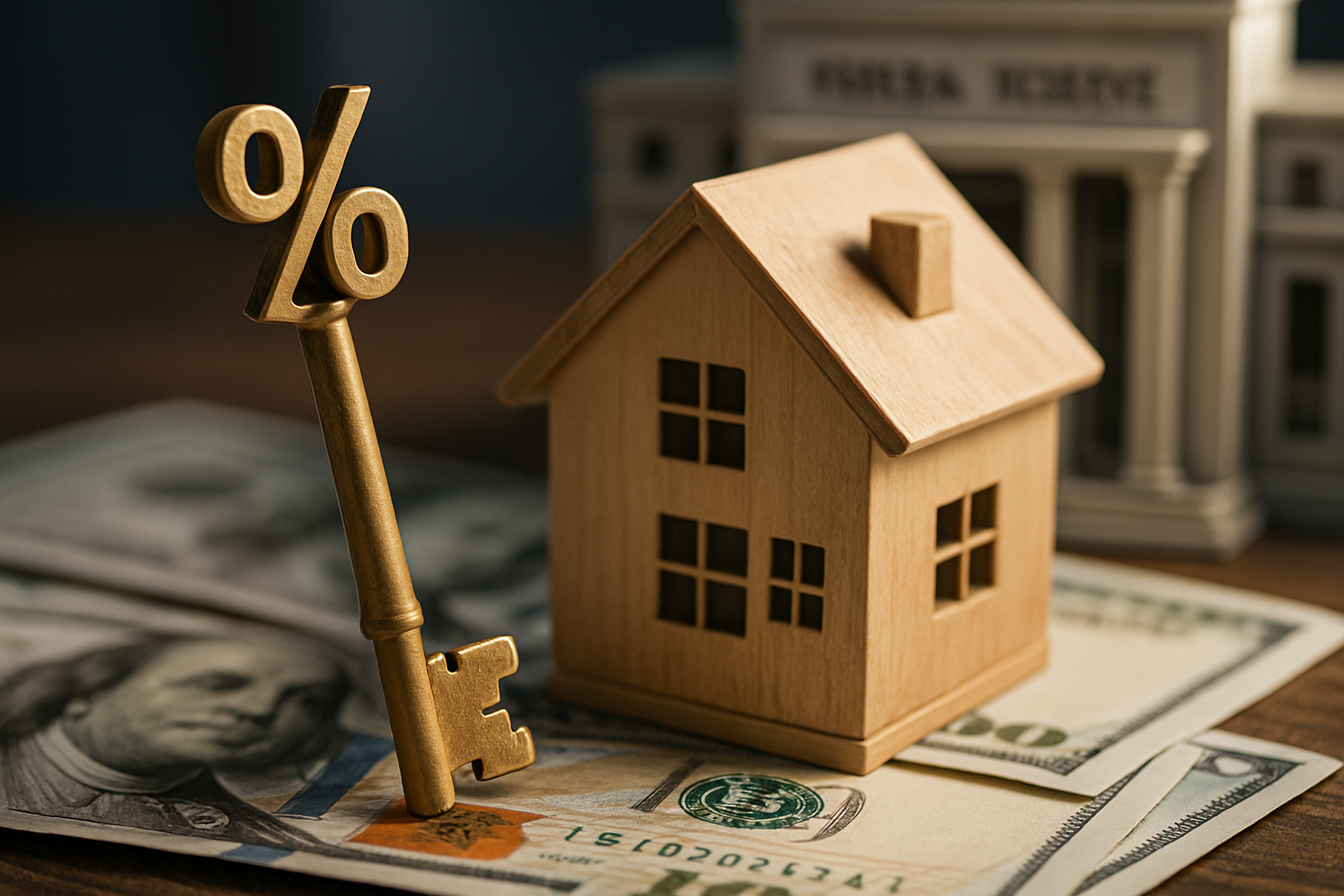How Much Is Your Home Worth? A Complete Guide
Curious about your property's current worth? This comprehensive guide explains the factors that shape home value, the best ways to estimate it—from online tools to professional appraisals—and practical upgrades that can boost your home's market appeal. Learn how market conditions, assessed values, and expert advice affect your home valuation and discover when to check its price for selling, refinancing, or long-term planning.

Determining what your home is worth is critical whether you’re planning to sell, refinance, or simply tracking your investment. Knowing how value is calculated helps you make smarter decisions about timing, upgrades, and pricing. Below is a clear breakdown of the influences on home value, practical valuation methods, and steps you can take to increase your property’s appeal.
Key factors that influence home value
A house’s worth isn’t based on a single element; many variables combine to set a price. Location remains the most powerful driver—proximity to schools, transit, shopping, and desirable neighborhoods heavily sway buyer interest. The condition of the property is equally important: well-maintained homes typically command higher prices than those needing repairs.
Age and architectural style also matter. Historic or unique designs can add premium appeal for specific buyers, while outdated layouts may lower desirability. Distinctive features—such as high-end finishes, smart-home systems, or custom landscaping—can raise value, but only if they match buyer expectations in your market.
Local market conditions play a large role: supply and demand, recent nearby sales, and inventory levels create short-term upward or downward pressure. Broader economic indicators like interest rates, job growth, and regional employment opportunities influence buyer purchasing power and can shift property values over months or years.
Practical ways to estimate your home’s value
There are several approaches to gauging what your property is worth, each with its own strengths and limitations.
-
Online home value estimators: These free tools analyze public records and recent sales of comparable properties to produce quick estimates. They are useful for an immediate sense of value but often miss recent renovations, interior upgrades, or unique local factors.
-
Comparative Market Analysis (CMA): Real estate agents prepare CMAs by comparing your home to similar properties recently sold or currently listed nearby. CMAs are more personalized than automated estimates and reflect current market trends, but they still rely on the agent’s selection of comparables and judgment.
-
Professional appraisal: Appraisers perform detailed inspections, analyze comparable sales, and apply standardized valuation methods to determine fair market value. Lenders commonly require appraisals during mortgage or refinance transactions. This is the most authoritative option, though it involves a fee and is typically tailored to a specific point in time.
Each method can be useful depending on your goals: quick checks for curiosity, a CMA for pricing strategy, and an appraisal for formal transactions.
Market value vs. assessed value: what’s the difference?
Market value is the price a willing buyer would likely pay a willing seller in the current market. It fluctuates with demand, interest rates, and recent comparable sales—so it’s the most relevant number when selling or refinancing.
Assessed value is the amount assigned by a municipal assessor for property-tax calculations. Assessment methods and schedules vary by jurisdiction, and assessed values often lag behind current market conditions or exclude recent improvements. As a result, assessed value is important for tax planning but less useful when estimating a sale price.
How often should you check your home’s value?
If you plan to sell or refinance within months, monitor values every few months to track market shifts and time your decision. For homeowners without immediate plans, checking once a year is usually sufficient to stay informed about long-term trends. However, in volatile markets or when significant neighborhood changes occur, more frequent checks may be warranted.
Regular monitoring helps you decide whether to pursue renovations, refinance opportunities, or a sale.
Smart ways to increase your home’s value
Not every improvement yields the same return. Focus on projects that appeal to a wide pool of buyers and offer strong return on investment:
- Kitchen and bathroom updates: Modern fixtures, efficient layouts, and durable finishes typically deliver high returns.
- Curb appeal and landscaping: First impressions matter; a tidy yard, attractive entryway, and fresh exterior paint can boost perceived value.
- Energy efficiency upgrades: New windows, insulation, or energy-efficient appliances appeal to cost-conscious buyers and may enhance resale value.
- Adding usable square footage: Finished basements, attic conversions, or well-integrated room additions can increase marketable living space.
Always research which upgrades are most valued in your local market and avoid over-improving beyond neighborhood norms. Regular maintenance—roof repairs, HVAC servicing, and keeping systems up to date—also protects and preserves value over time.
The role of real estate professionals
Real estate agents bring local market expertise, access to sales data, and strategic pricing experience. They can help you position your property to attract buyers and recommend improvements that matter in your neighborhood. Appraisers offer an unbiased, methodical valuation often required by lenders; their reports are grounded in inspections and comparable sales data.
If you’re selling, agents guide marketing and negotiation. If you’re refinancing or need a formal valuation, an appraiser provides the most defensible number. Both professionals add value by translating market data into practical, transaction-ready advice.
| Valuation Method | Typical Cost Range | Relative Accuracy |
|---|---|---|
| Online estimator | Free – $50 | Low to Moderate |
| CMA by agent | Often free (with listing) | Moderate |
| Professional appraisal | $300 – $700+ | High |
Cost Disclaimer: Prices are estimates and can vary by region, provider, and scope of service.
Understanding your home’s value empowers better real estate decisions, from timing a sale to choosing renovations or refinancing. Use online tools for quick checks, consult an agent for pricing strategy, and hire an appraiser when you need a formal, lender-accepted valuation. Regularly tracking these figures keeps you informed and ready to act when opportunities arise.






